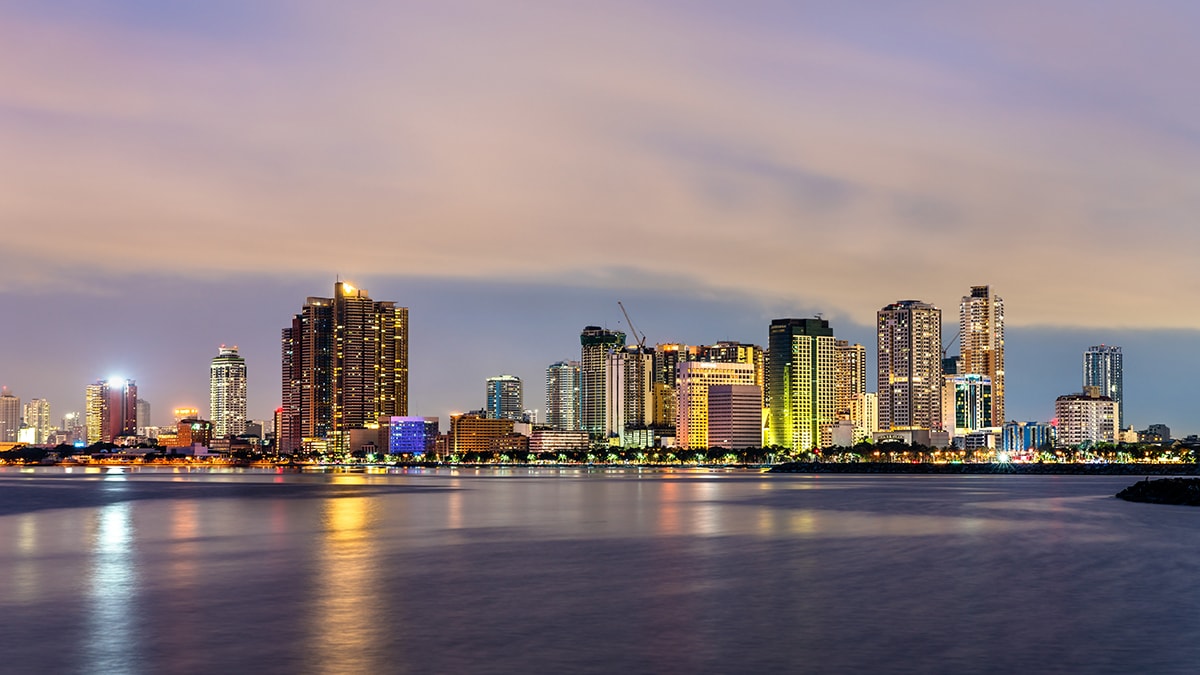 Unless there is a grotesque spike in the number of positive coronavirus cases in and around Metro Manila in the Philippines within the next few days, the area’s casinos might soon be able to get back on their feet. Metro Manila has been on Modified Enhanced Community Quarantine (MECQ) for what seems like an eternity, and it was just extended at the beginning of this month. That pushed the quarantine period out to August 18, but the change in the quarantine status isn’t being driven by a cleaner bill of health. Instead, it’s coming down to pure economics. Metro Manila can no longer survive if MECQ continues.
Unless there is a grotesque spike in the number of positive coronavirus cases in and around Metro Manila in the Philippines within the next few days, the area’s casinos might soon be able to get back on their feet. Metro Manila has been on Modified Enhanced Community Quarantine (MECQ) for what seems like an eternity, and it was just extended at the beginning of this month. That pushed the quarantine period out to August 18, but the change in the quarantine status isn’t being driven by a cleaner bill of health. Instead, it’s coming down to pure economics. Metro Manila can no longer survive if MECQ continues.
COVID-19 still permeates Metro Manila, with 140,000 cases being identified – 6,598 this past Monday alone. The latter is a new record for the Philippines, but the economic fallout of keeping everything locked down is now proving to be a greater risk than the virus itself. MECQ could be removed to make way for a General Community Quarantine (GCQ), but this shouldn’t be seen as a sign that recovery is going to happen soon.
Under GCQ, many businesses, including casinos, will continue to face complete lockdowns or modified operating procedures similar to what have been seen elsewhere – greatly reduced capacities, social distancing orders, reductions in offerings, etc. Alcohol sales will still be prohibited, as will large gatherings and in-person classes.
Harry Roque, a spokesperson for President Rodrigo Duterte, explained to the press, that the government would prefer to extend the MECQ, but that the economic situation can’t permit it. He explained, “Anything is possible but it’s highly unlikely. The bottom line is we no longer have resources to give assistance. We may not be as successful, but I can assure you everyone is working, trying hard to find a solution to the problem. If our effort is not enough, we apologize. But you cannot accuse the government of not doing anything.”
The Inter-Agency Task Force for the Management of Emerging Infectious Diseases (IATF-EID) will have the last word on whether or not the MECQ continues. Aiding that decision could be a recent agreement made between Duterte and Russia’s president, Vladimir Putin. Russia asserts that it has developed the first successful coronavirus vaccine, and Duterte has said that he wants it. The vaccine will reportedly not be ready until December, but the president asserts in a statement, “I will tell President Putin that I have huge trust in your studies in combating COVID and I believe that the vaccine that you have produced is really good for humanity. I can be the first they can experiment on.”
